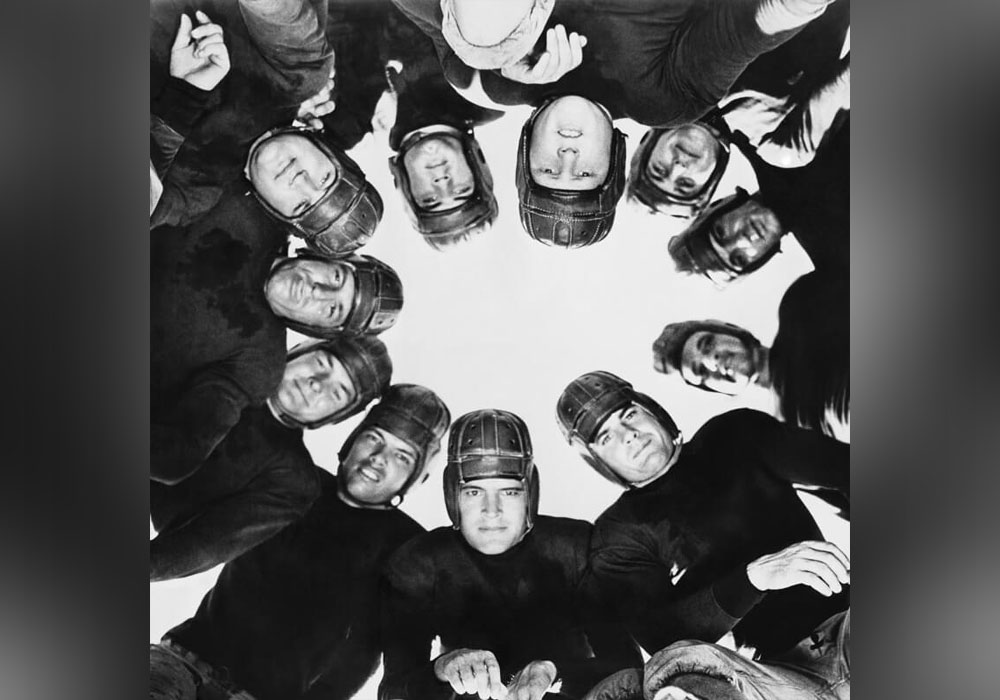Ingenious vs. Ingenuous
Are you ready, Grammar Genius? Both ingenious and ingenuous are adjectives. Ingenious indicates cleverness or intelligence, while ingenuous refers to sincerity or a naive nature. How To Use Ingenious When you say ingenious out loud, it sounds like a combination of the words in and genius. Since a genius is an intelligent person, you can use that part of the word to associate ingenious with …











